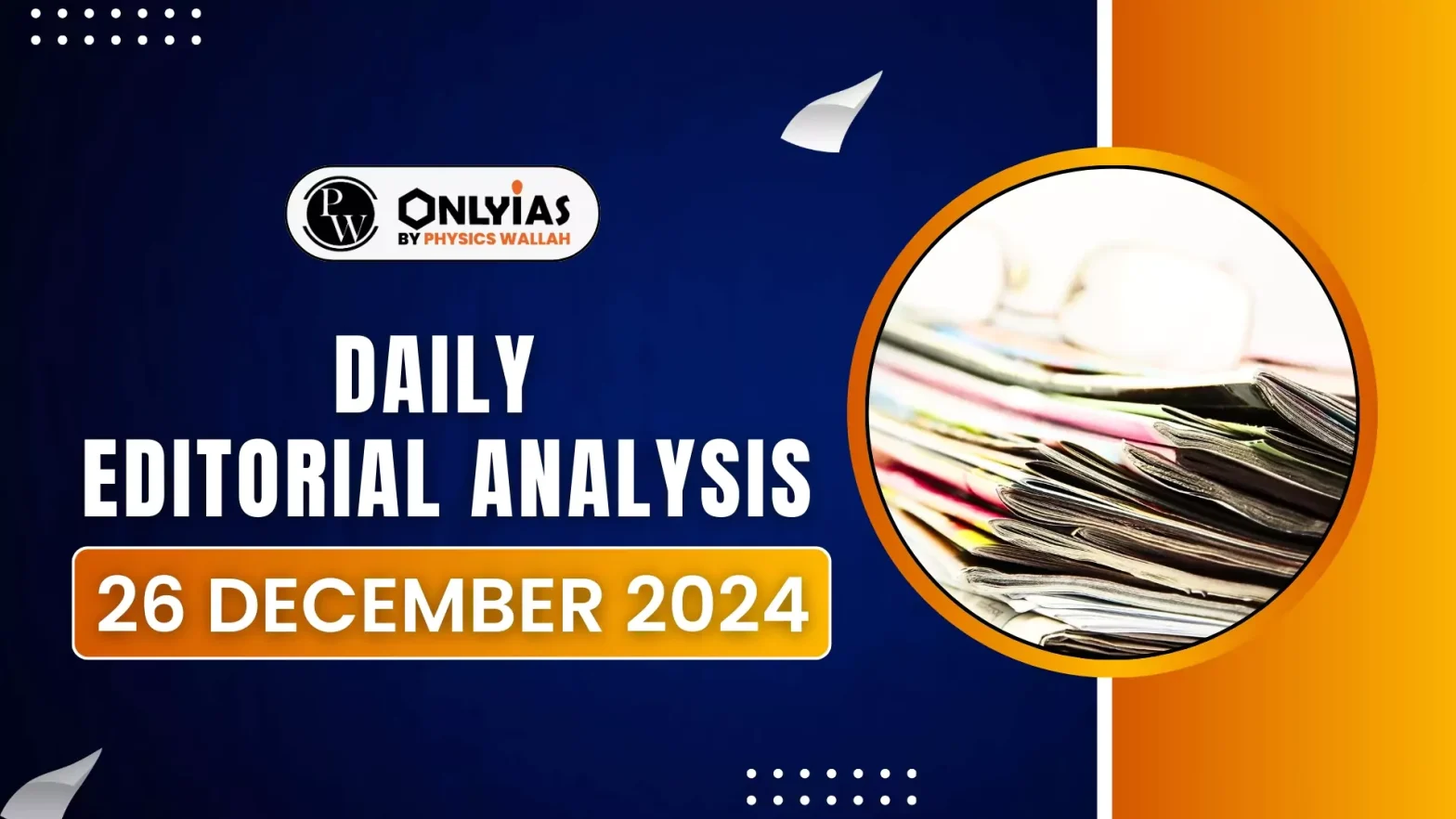PM Narendra Modi’s visit to Kuwait, the first by an Indian PM since 1981, marked a milestone in India’s Gulf diplomacy. It followed a Kuwaiti PM’s visit to India nearly 12 years ago. Kuwait, a key GCC member, is a vital partner with strong trade ties and a large Indian expatriate community.
Historical and Economic Context
- Kuwait is home to approximately half a million Indians, the largest expatriate community in the country.
- During Colonial Era: This strong presence is built upon historical ties, including Kuwait’s role as an entrepôt in India’s trading routes across West Asia during the British East India Company era.
- Indian Rupee as Legal Tender in Kuwait: Until 1961, when Kuwait gained independence, the Indian rupee was even used as legal tender in the country.
- Bilateral Ties: Today, bilateral trade continues to thrive, with trade volume exceeding $10 billion.
- Kuwait also plays a crucial role in India’s energy security, being the sixth-largest supplier of crude oil and the fourth-largest supplier of LPG, meeting about 3% of India’s energy needs.
Enroll now for UPSC Online Course
Bridging Gaps in Strategic and Defence Cooperation
- Lingering Reservations: Despite robust trade and people-to-people links, India-Kuwait ties had been less developed in strategic and defence cooperation, with lingering reservations due to India’s historical relationship with Saddam Hussein’s Iraq.
- PM Modi’s visit aimed to address these gaps.
| India’s cautious response to Saddam Hussein’s invasion of Kuwait reflected India’s historical alignment with Iraq but also resulted in breakdown of relations with Kuwait. |
- MoU for Defense: Both nations agreed to enhance strategic ties, with the signing of a Memorandum of Understanding (MoU) to institutionalize defence cooperation.
- Kuwait’s Highest Honor for PM Modi: The visit was further marked by the conferral of Kuwait’s highest honor, the Order of Mubarak Al-Kabeer, on Prime Minister Modi, underscoring the significance of the visit.
Key Moment for Regional and Global Stability
- Ongoing Conflicts in West Asia: The timing of the visit was particularly significant given the volatile geopolitical landscape in the broader West Asian region.
- Conflicts in Gaza, Yemen and Lebanon: The ongoing conflict in Gaza, coupled with violence in Lebanon and Yemen, has further destabilized the region and made peace efforts seem increasingly distant.
- Upheaval in Syria: The recent upheaval in Syria and the rise of Islamist radicals have also contributed to regional instability.
- Challenge for India: In this context, India faces the challenge of navigating its strategic interests in the region while safeguarding its national security and economic interests.
Energy, Connectivity, and Citizen Welfare
At the same time, India has important regional initiatives that could be affected by the ongoing instability.
- Regional Initiatives: Projects like the I2U2 (India, Israel, the UAE, and the U.S.) and the International Maritime Economic Corridor (IMEC) are crucial for enhancing connectivity and cooperation, but may face delays due to the security situation in the region.
- Vacuum in World Leadership: The incoming Trump administration’s focus on domestic issues, along with Europe’s attention on the Russia-Ukraine conflict, could create a leadership vacuum, leaving many other global trouble spots without support.
- Citizens Welfare: Additionally, India must continue to protect the interests of over eight million Indian nationals living and working across the Gulf. Strengthening bilateral ties with key Gulf countries like Kuwait, especially in energy and connectivity sectors, remains a priority.
Check Out UPSC Modules From PW Store
Conclusion
In light of regional instability and shifting global dynamics, strengthening bilateral relationships with key nations in the Gulf, securing energy supplies, and ensuring the welfare of Indian expatriates will be critical for India’s long-term security and growth.
![]() 26 Dec 2024
26 Dec 2024
